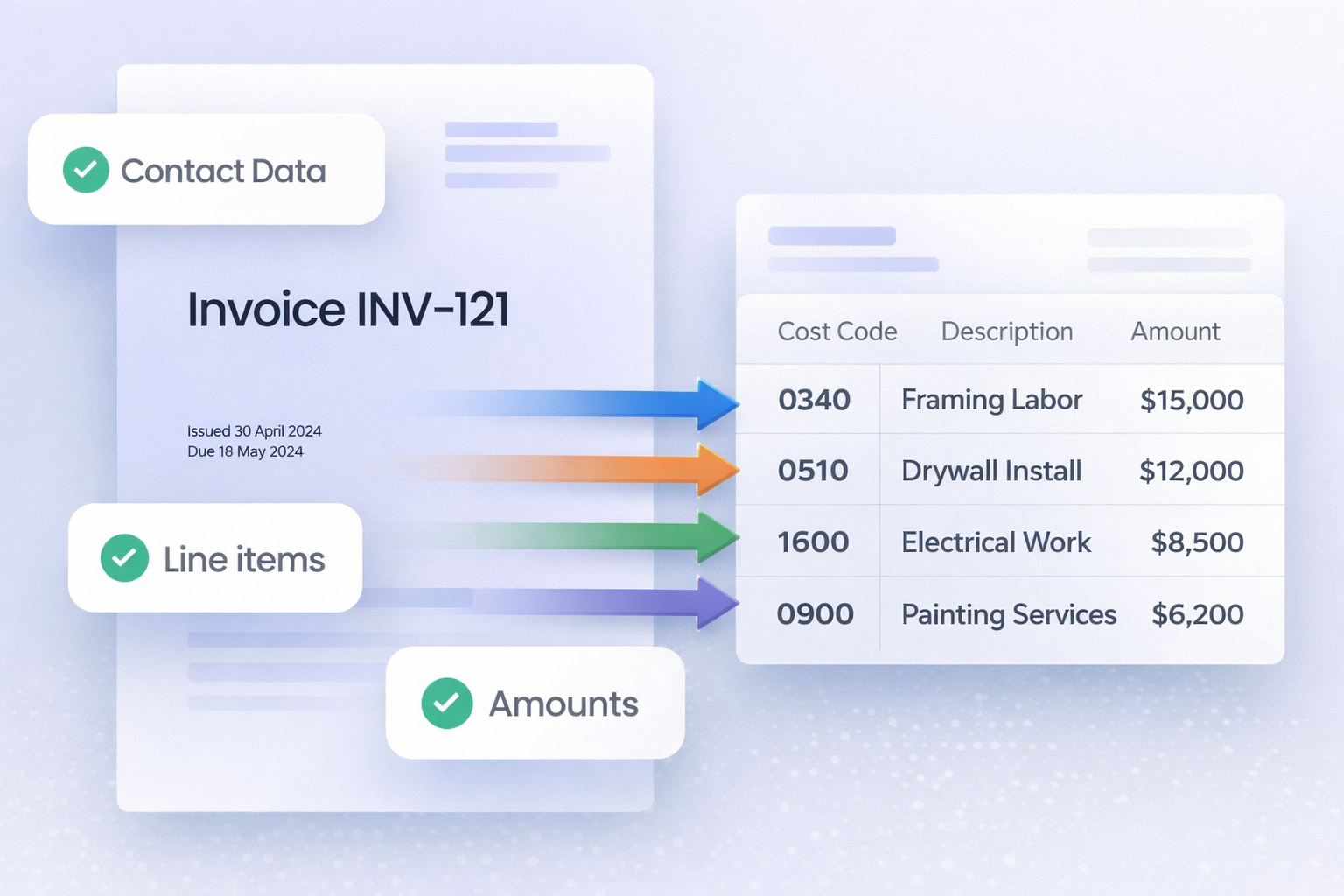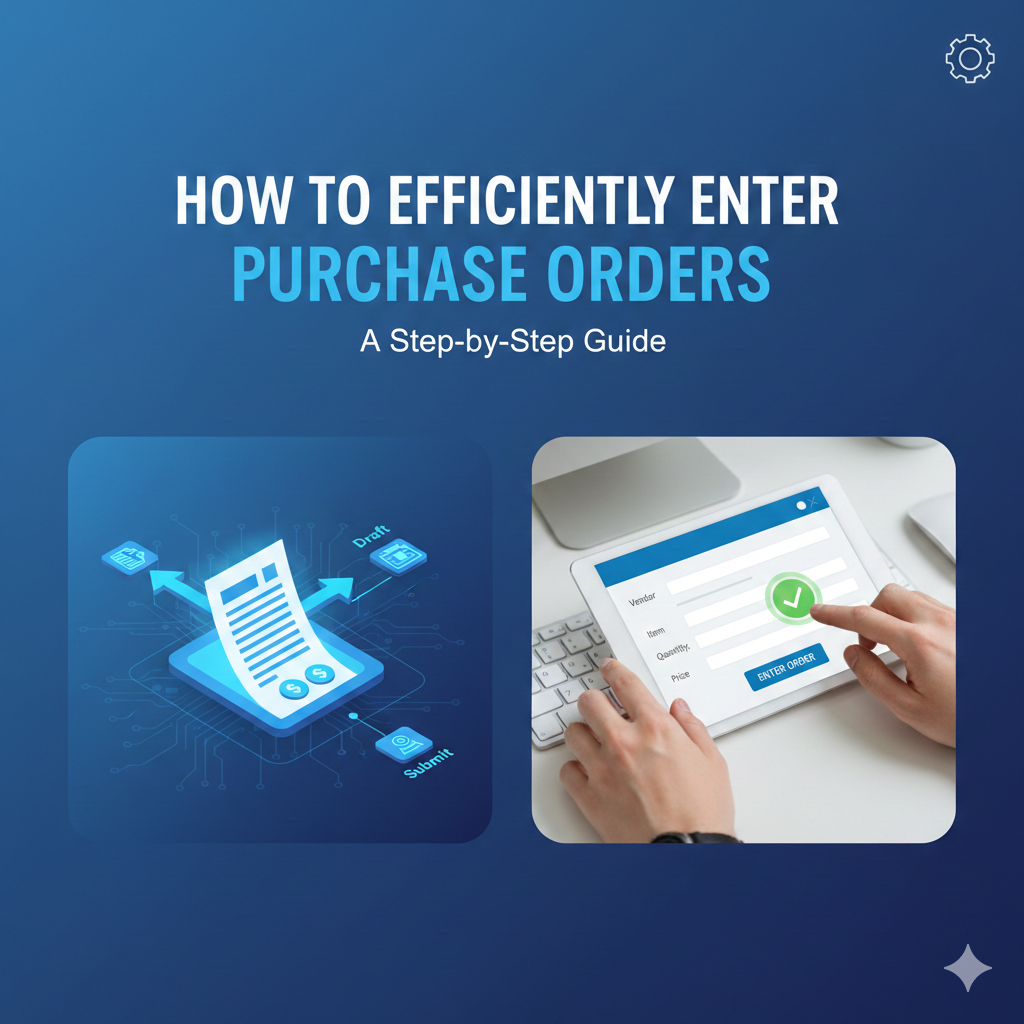Regardless of what industry you work in, everyone likes getting paid on time. Yet, even when general contractors are proactive and diligent about payment, there are often issues with ensuring everyone sees their fair share promptly.
And this makes sense. General contractors share a piece of every portion of the puzzle. They not only hire subcontractors, but also collaborate with clients. They're responsible for managing project timelines, finances, and other details. Therefore, finding an efficient method for getting their partners paid is essential. Here are the top benefits of electronic payments in construction.
Faster payment
We may sound like a broken record, but everyone wants to get paid faster. While slow and late payments are not only an inconvenience, they also cost the construction industry money. In 2021, the annual Construction Payments Report noted that slow payments to general contractors and subcontractors resulted in an additional $136 billion being spent.
To speed up this process, consider ways to promote timely document collection, which can often slow down contractors getting paid. When you have a system to submit payment applications, invoices, and lien waivers, then this can make prompt payment much easier.
Ability to move money quickly
Moving money between parties isn’t the quickest process, and money-moving logistics can be a top reason why payments are delayed. Why is this? When moving money via check, wire transfer, or other paper means, there are often a lot of checks and balances that require manual approval.
When you opt for an electronic payment option, you’re able to bypass many of the required manual approval procedures leading to final payment. But don’t worry — your money is plenty safe! Electronic systems simply automate a lot of the processes that would otherwise necessitate human eyes.
Security
Using a new system for your finances can feel scary. If it isn’t broken, why fix it?
For one, your paper checks may not be as secure as you’d like to believe. This method of payment can be easily misplaced or stolen. So, switching to a digital method offers a higher level of security because there isn’t any physical information floating around.
Furthermore, these interfaces move money between businesses using secure networks. These networks are specifically designed to minimize any threats or vulnerabilities. If there is a risk of attack or fraud, there are built-in alerts and required approvals that can ensure everyone is notified in a timely manner.
User-friendly interfaces
The electronic payment systems available for general contractors offer simple, user-friendly designs that require no additional knowledge or training. Contractors can receive payments from clients and pay their subcontractors using mobile apps. No need to head into an office to do paperwork!
Visibility
When general contractors use paper checks, there is no knowledge of payment status once it leaves their hands. The subcontractor can receive a check and then wait to deposit it for weeks. During this time, the company won’t have any idea when the funds will be debited from its account.
Not only is this timeline dependent upon the recipient, but it’s also reliant upon the bank. When digital payment methods are used, payment status is never a question. The money will change hands with complete transparency for the general contractor. This visibility is also enhanced with the use of mobile applications — everything you want to see is right in the palm of your hand.
Final Thoughts
Transitioning to electronic payments such as ACH, credit cards, and e-check improves financial tracking and visibility in the construction industry. inBuild is a financial automation tool that offers luxury home builders the ability to pay their subcontractors from right within the invoice review workflow. Schedule a live demo to learn if inBuild is right for your business.











